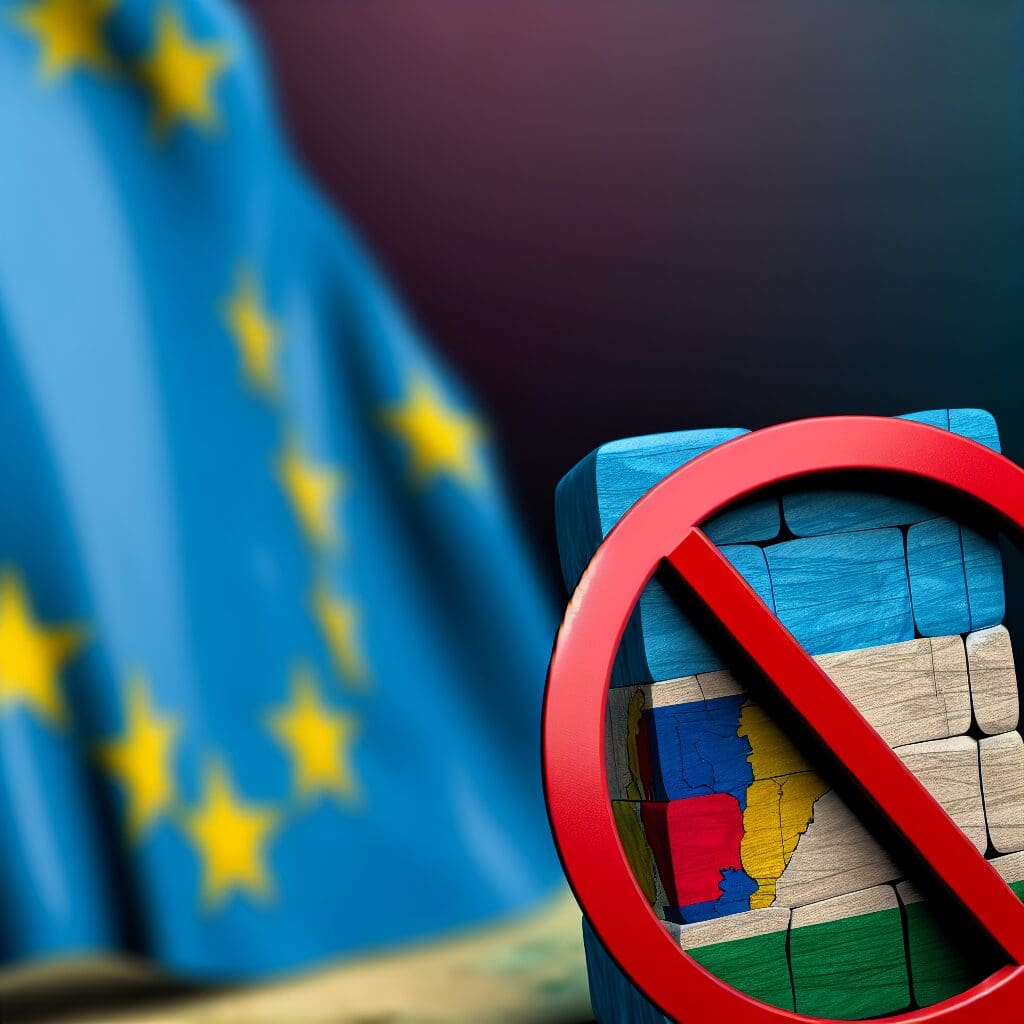In a significant political maneuver, Venezuelan President Nicolás Maduro has restricted access to X—a platform formerly known as Twitter—amid ongoing electoral tensions. This action follows a controversial presidential election where electoral authorities hastily declared Maduro the victor, despite the absence of detailed voting tallies to substantiate the results.
The consequences of blocking X reverberate beyond mere access to social media. For Venezuelans, particularly in a nation where opinions diverge sharply over governance, this move raises critical questions concerning freedom of speech and information dissemination. Access to digital platforms has become a vital lifeline for citizens seeking transparency amid widespread allegations of misconduct during the election process.
Internationally, Maduro’s decision has faced backlash. Observers emphasize that attempts to limit digital communication can destabilize democratic processes, leading to further unrest and public distrust. Experts argue that the ability of citizens to share their experiences and opinions on platforms like X is paramount, especially in times of political upheaval.
Historical context is essential here. Past electoral cycles in Venezuela have already been marred by controversy, with accusations of electoral fraud and government repression. The current administration appears to be replicating these strategies, emphasizing a theme of control over dissent.
The situation illustrates the intersection of technology and politics, wherein leaders leverage social media regulations to maintain power while stifling opposition voices. As pressure mounts both locally and internationally, the consequences of such actions on Venezuela’s already turbulent political landscape will remain under close scrutiny.












